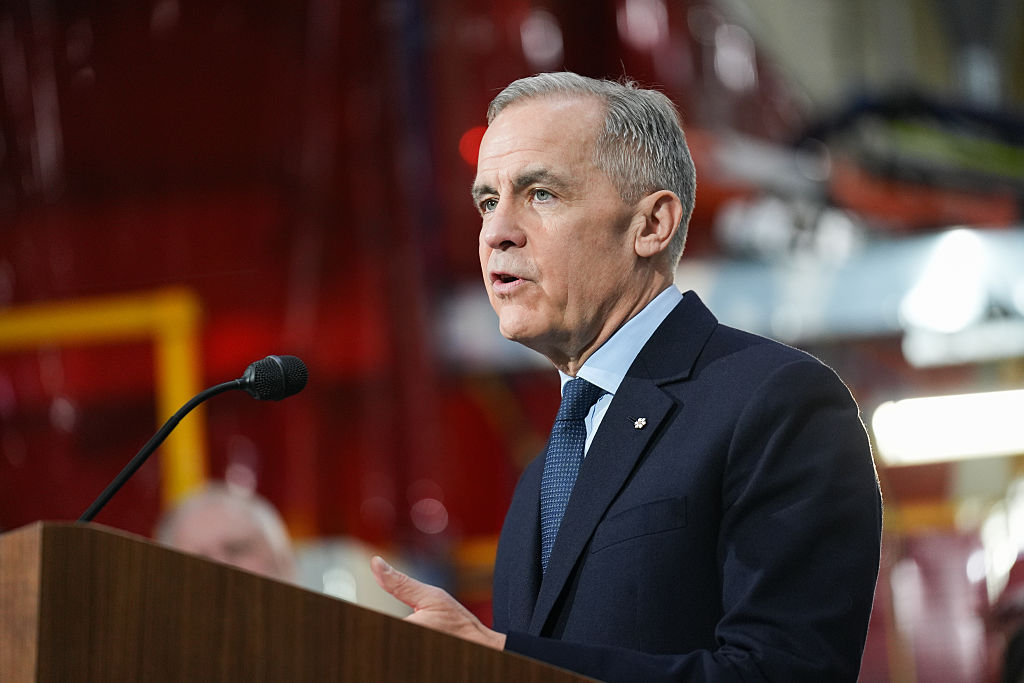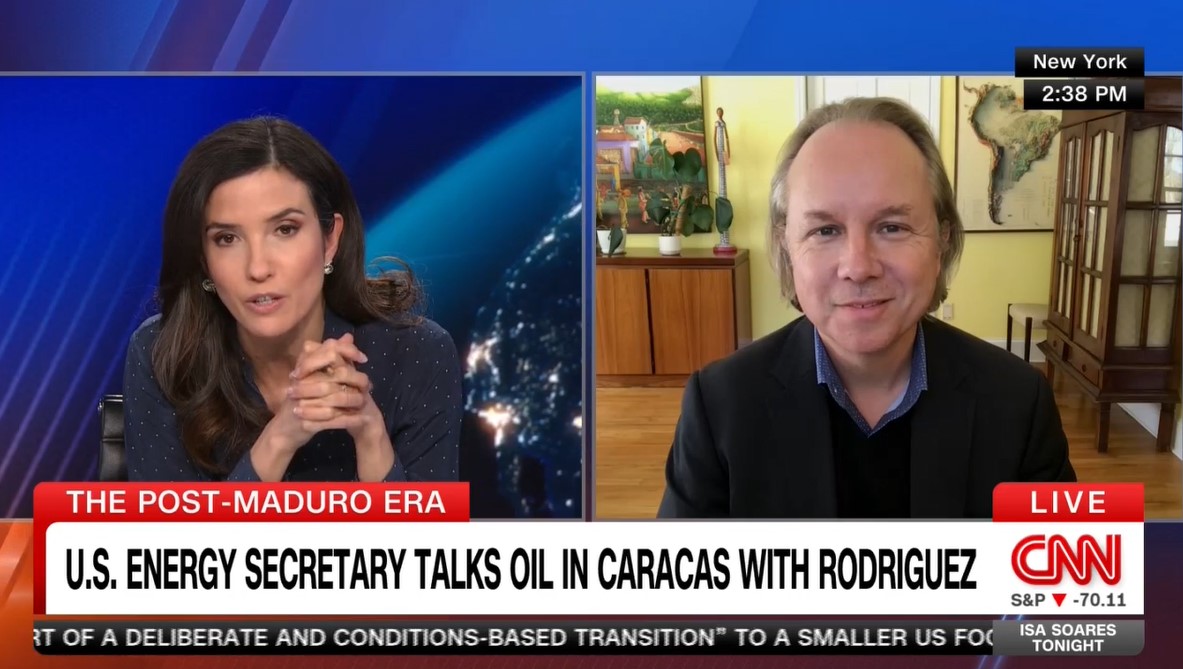Lula Raises Middle East Profile
Lula Raises Middle East Profile
By the end of the month, President Luiz Inácio Lula da Silva will have played host to Israeli, Palestinian, and Iranian leaders as he lifts Brazil’s profile on Middle East policy. But the November 23 visit of Iran’s Mahmoud Ahmadinejad raises eyebrows, given global concerns over Tehran's nuclear program.
As Iranian President Mahmoud Ahmadinejad prepares for his trip to South America next week, concerns grow about Tehran’s influence in the region. Ahmadinejad, who canceled a trip to Latin America back in May, visits Brazil, Venezuela, and Bolivia next week in efforts to strengthen political and economic relations. With an ally in Venezuela already, Ahmadinejad’s journey offers the chance for Tehran to deepen ties with South American powerhouse Brazil. However, Brazilian President Luiz Inácio Lula da Silva's hosting of Ahmadinejad could lead to blowback if Brazil fails to join other global powers in pressuring Iran to curb its nuclear goals.
Ahmadinejad is not the only Middle Eastern leader traveling to South America this month. Israeli President Shimon Peres wrapped up a weeklong trip on November 17. Peres visited Argentina to attend a memorial service for victims of the 1992 bombings of the Israeli Embassy and the 1994 car bombing at the Israeli Mutual Association in Buenos Aires that killed over 100 people. Before that, in a Brazil stop, a Peres-led delegation of government ministers, senior military officials, and business leaders signed a series of agreements with the Brazilian government, including an Israeli-Mercosur free trade agreement ratified by Brazil’s lower house of Congress. The delegation also signed pacts on extradition and tourism, as well as a $350 million deal that involves supplying Brazil with 14 unmanned drones to monitor border areas against drug and arms smuggling.
But caution against Brasilia buddying up to Tehran was also cause for the Peres trip—the first by an Israeli president to Brazil in four decades. Peres also became the first Israeli leader to address the Brazilian Congress, when he called Iran a “danger to global peace” and warned against Iran’s nuclear enrichment program and rising Iranian and Hezbollah activity in South America. “It is Iran's growing influence in Latin America that has prompted Israel to start paying attention to the region,” writes Frida Ghitis in World Politics Review. “Latin America is fast becoming a proxy for the not-so-cold war between Iran and Israel. And it is that proxy status that is raising the region's profile in the Middle East, potentially making it a much bigger player on other issues.”
On the heels of Peres’ trip, Palestinian Authority President Mahmoud Abbas sojourned in Salvador de Bahia. After meeting with Abbas for two hours, Lula said the “expansion of West Bank settlements must be frozen.” Lula added that Washington should no longer broker the Middle East peace process. “As long as the United States is trying to negotiate peace there won’t be peace,” said the Brazilian president, who suggested the United Nations should take over talks. He also took the opportunity to reiterate support for the UN’s reform. Brazil, which gained a two-year term on the UN Security Council, has advocated for becoming a permanent member.
Lula’s move to insert Brazil into the center of Middle East policy comes as the country experiences a much-heralded rise. The cover of The Economist’s November 14 issue showed Rio’s statue of Christ the Redeemer blasting off. Brazil has made an impressive economic recovery in the face of global financial turbulence, won a 2016 Olympics bid, and established itself as an energy giant through a major oil discovery. COA Vice President Eric Farnsworth warns that with greater clout comes the need for accountability. “Brazil’s growing influence on the global stage means that leaders with whom the president of Brazil chooses to meet gain greater credibility and, indeed, legitimacy through those meetings,” says Farnsworth. “This is occurring just at the same time as much of the rest of the international community is attempting to work to isolate Iran.”
Learn more:
- Video of COA Vice President Eric Farnsworth on Iranian-Brazilian Relations.
- Text of Eric Farnsworth’s October 27, 2009 Congressional Testimony: Iran in the Western Hemisphere.
- AS/COA news analysis: “Iran’s Links to Latin America.”
- World Politics Review: “World Citizen: The Middle East's Latin America Battles” by Frida Ghitis, November 19, 2009.
- Israeli President Shimon Peres' Speech to the Brazilian Parliament, November 10, 2009.








